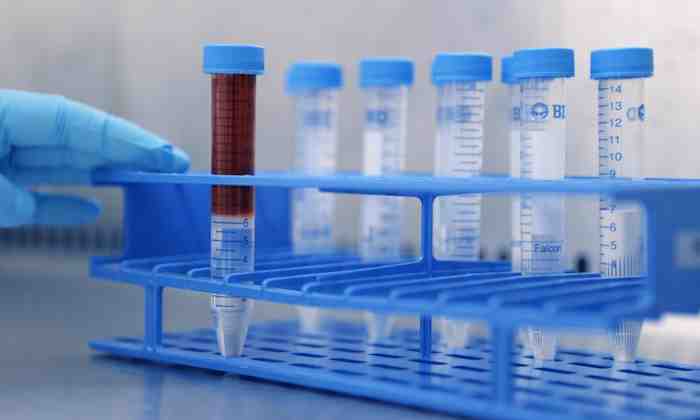New test for childhood genetic disorders ‘transformational’
18 May 2017
A new test developed by a team of researchers from the School of Biological Sciences and Saint Mary’s Hospital could transform the ways in which doctors diagnose a group of rare genetic disorders in children.

Inborn errors of metabolism (IEMs) are rare inherited conditions where enzymes that break down toxins or serve other essential functions in the body are missing.
There are more than 500 IEMs and although are some as rare as only one in several thousand individuals, collectively they are common, affecting the lives of thousands of children. Many are associated with a shortened life span; others may be less severe but cause serious problems, affecting the brain, bones, gut and liver.
According to the team, led by Dr Siddharth Banka, Dr Arunabha Ghosh, Dr Simon Ramsden and Dr Simon Jones, the test could help around half of all children affected by IEMs. It can also be used for prenatal testing, helping parents to plan for future pregnancies.
The researchers combined a test for more than 200 IEMs by using technology known as ‘Next generation sequencing’ of DNA. The single blood or saliva test could replace the battery of stressful and invasive procedures including biopsies or spinal taps that are currently used.
The findings, published in the Archives of Disease in Childhood, may also enable diagnosis of some rare disorders that were previously not possible using traditional approaches.
Dr Banka, Consultant Clinical Geneticist and Clinical Senior Lecturer said: “Using cutting edge technology at the Manchester Centre for Genomic Medicine, we have demonstrated that Next Generation Sequencing could transform the diagnosis of patients with these rare genetic conditions.
“We hope this will mean a child can be diagnosed accurately without having to undergo difficult and invasive tests, improving access to treatment.”
Read this article in full HERE
